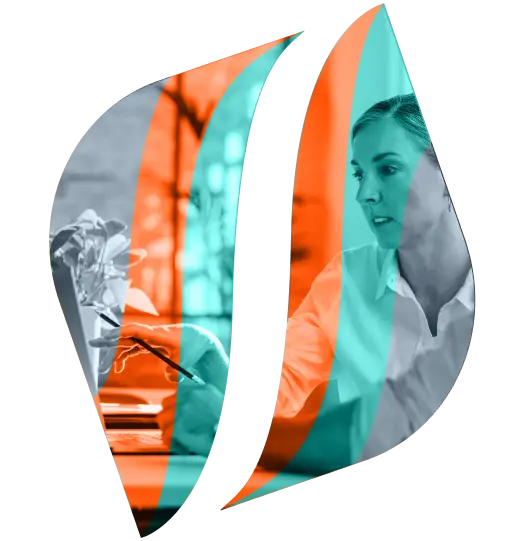The bankruptcy process applies to people living in England, Wales or Northern Ireland. There is a separate process known as sequestration in Scotland. Bankruptcy is a form of insolvency and is normally only suitable for those people who are unable to pay back their debts in a reasonable time. Most applications for bankruptcy are made by those who are in debt, but it is also possible for a person to be made bankrupt.
You can be made bankrupt if you:
- do not pay your debts and you owe £5,000 or more;
- break the terms of an Individual Voluntary Arrangement (IVA); or
- gave information that wasn’t true to get an IVA.
This process is usually seen as a last resort for creditors as there are significant costs involved and creditors will want to be sure that they will get back the money they are owed.
Initially, creditors are required to try other legal ways to get someone to pay their debt. This is usually a statutory demand or a court judgment.
If you’re made bankrupt:
- your assets can be used to pay your debts;
- you’ll have to follow bankruptcy restrictions; and
- your name and details will be published on the Individual Insolvency Register.

